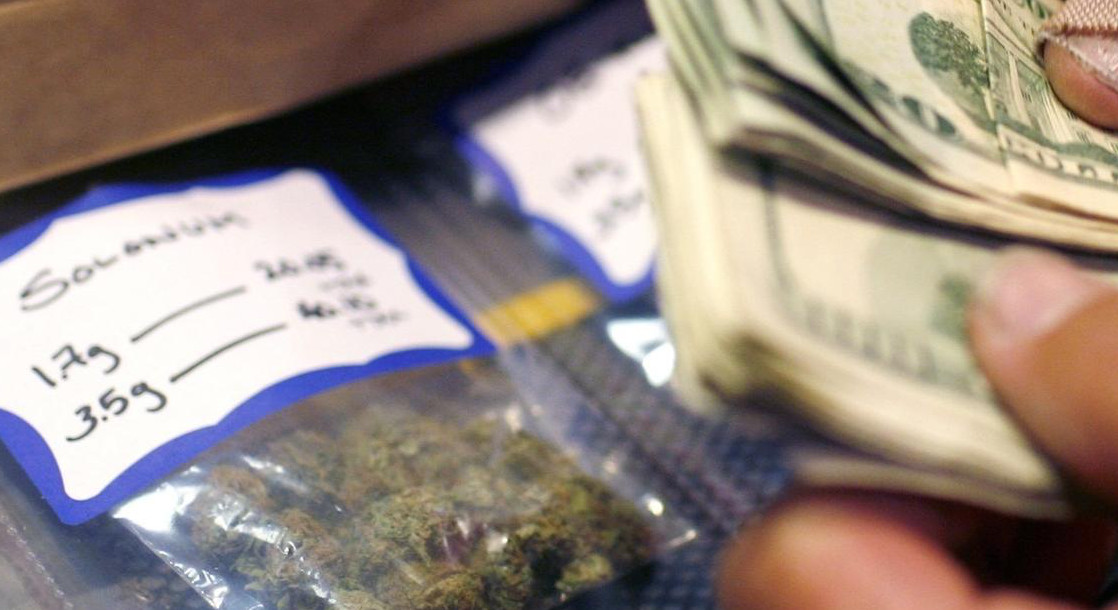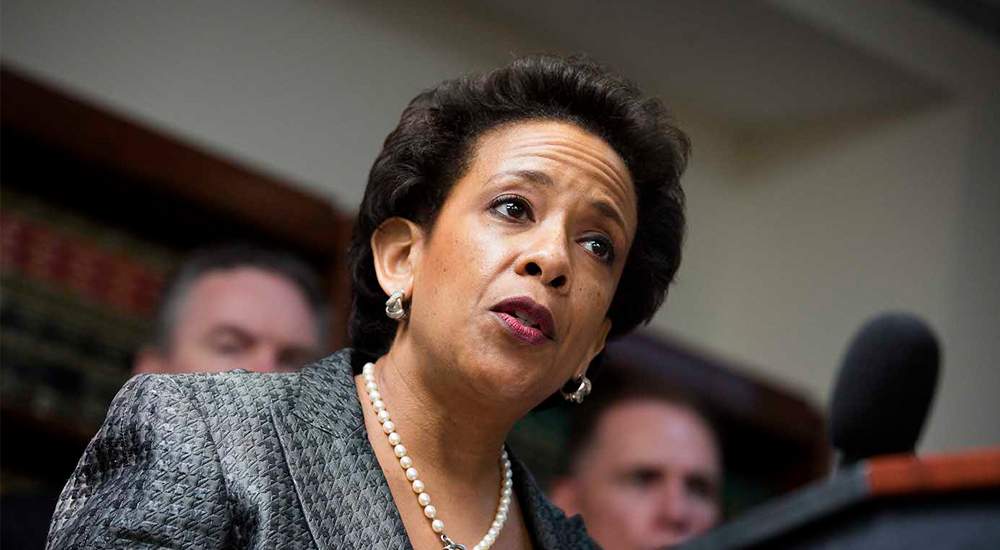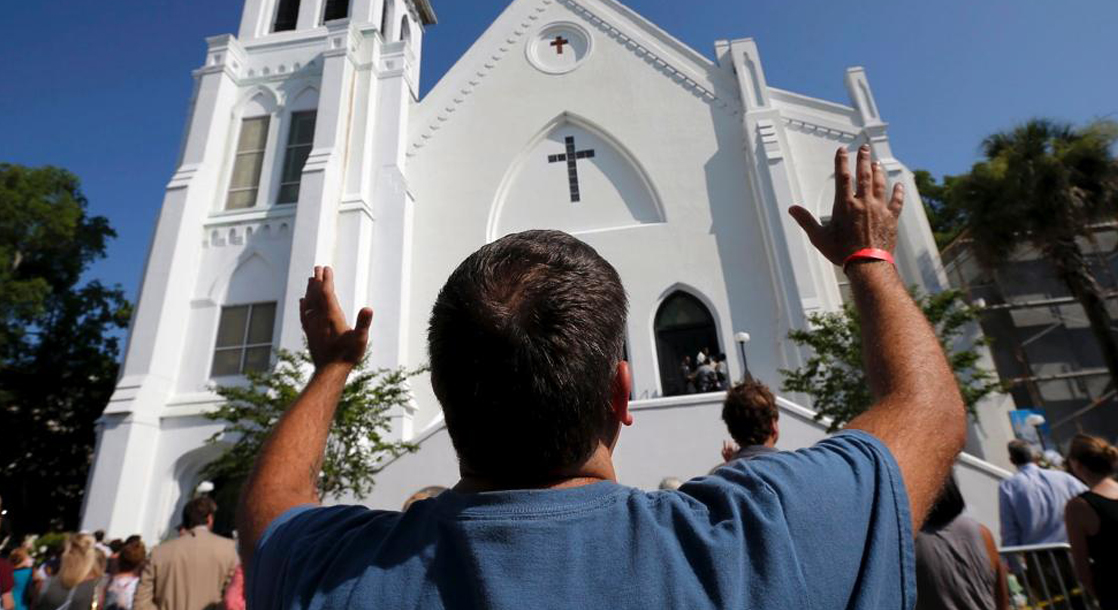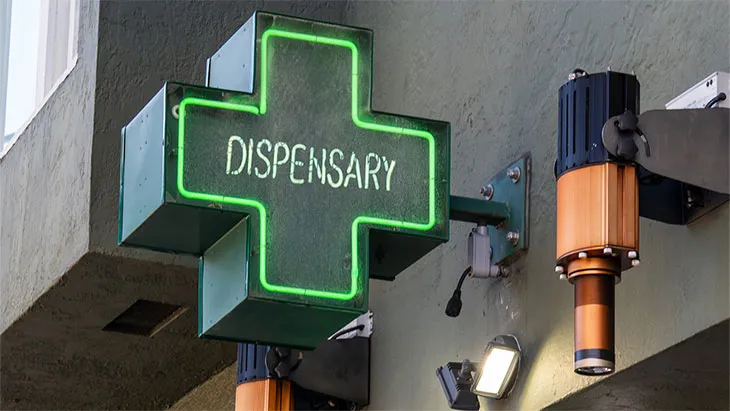One of the biggest challenges that every canna-business must face is the lack of access to banking. Due to the federal prohibition of pot, all marijuana-related businesses must forego having a bank account, accepting credit card payments, or getting traditional business loans.
As a solution, some California lawmakers are considering the possibility of creating public banks, state-owned financial institutions that would work like private banks, but be free to deal with canna-businesses. Both California Lt. Gov. Gavin Newsom and L.A. City Council President Herb Wesson have recently voiced support for establishing either a state-owned or city-owned public bank.
According to Matt Stannard, policy director for advocacy group Commonomics USA, there are many advantages to a public bank beyond the potential to serve canna-businesses. Unlike a private bank, public banks are run by elected or government-appointed officials, and work to return their profits to the public.
The Bank of North Dakota, which is the only publicly owned bank in the U.S., has provided $85 million to assorted state government funds in the past four years. The bank makes low-interest student and farm loans and helps finance local public-works projects. Unlike private banks, this bank's deposits are insured by the state, and not the Federal Deposit Insurance Corp.
Although a public bank like the Bank of North Dakota is free from the oversight of the FDIC, every bank must still have an account with the Federal Reserve in order to process checks, wire transfers, and electronic payments. The Federal Reserve has already attempted to deny one Colorado credit union access to these services because of their intention to work with canna-businesses. A federal judge eventually allowed the bank to get its license, but only if it pledges not to handle cannabis-related funds.
“The voters of California have voted to allow recreational marijuana but, given the status quo, that’s a huge mess, and it’s dangerous,” Stannard said. “A public bank may be the best way to clean up that mess and the best way to provide financial and physical security to the industry.”
“I’m not going to say that if you create a public bank, it's going to solve all of the marijuana industry's banking problems,” he continued. “But it’s worth a try.”











